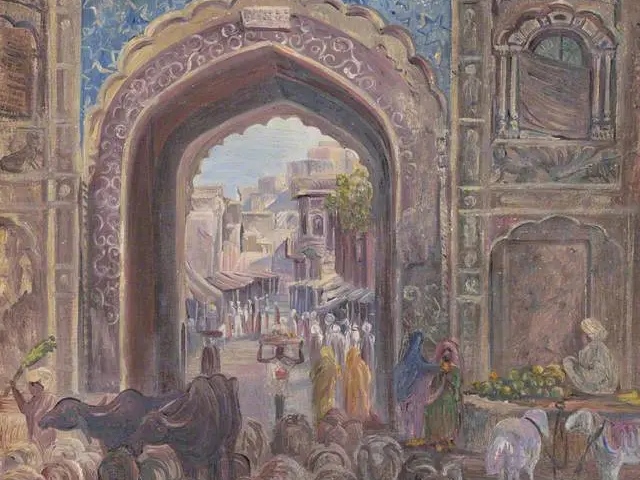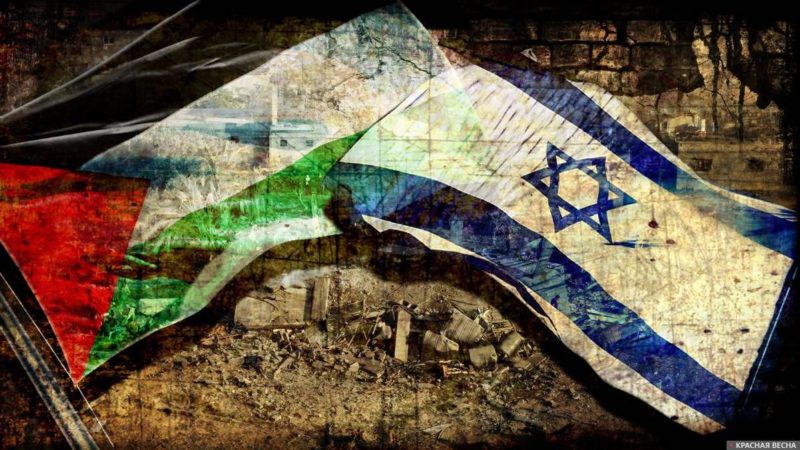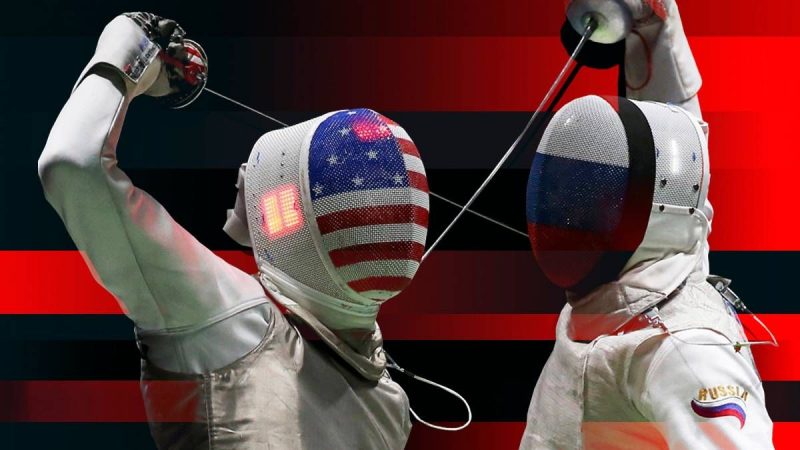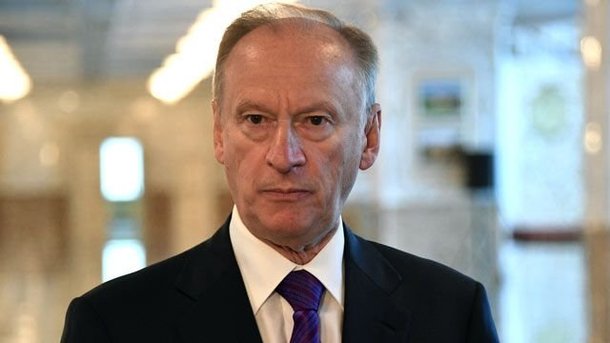12.03.2022, Moscow.
The official part of Imran Khan’s visit to Moscow began with a significant political gesture.
Pakistani Prime Minister’s visit to Russia took place on February 24-25. Recently, the Pakistani government repeatedly said that the country planned to maintain its neutral status in order to develop partnership and cooperation with all the participants of the global process.
Russia demonstrated to the full extent that Prime Minister of Pakistan Imran Khan was an important guest. A red carpet and an honor guard in Moscow for the arriving Pakistani delegation were a clear diplomatic gesture of the Russian government.

twitter.com/PakPMO
The working program of the Pakistani delegation began in the morning of February 24, coinciding with the start of Russia’s special operation in Ukraine. This fact was bound to having a fundamental effect of the progress and outcome of the talks between the two countries.
Indicatively, the duration of the personal meeting between Imran Khan and President of Russia Vladimir Putin was extended from one hour to three hours on the initiative of the Russian side.
Meeting with Russian President
The official part of the visit to Moscow began with a significant political gesture. In the context of President Vladimir Putin statements, which are important for Russia, about the necessity of fighting fascism, Imran Khan honored the memory of those killed in the Great Patriotic War. He laid a wreath to the Unknown Soldier’s Grave at the Kremlin Wall.
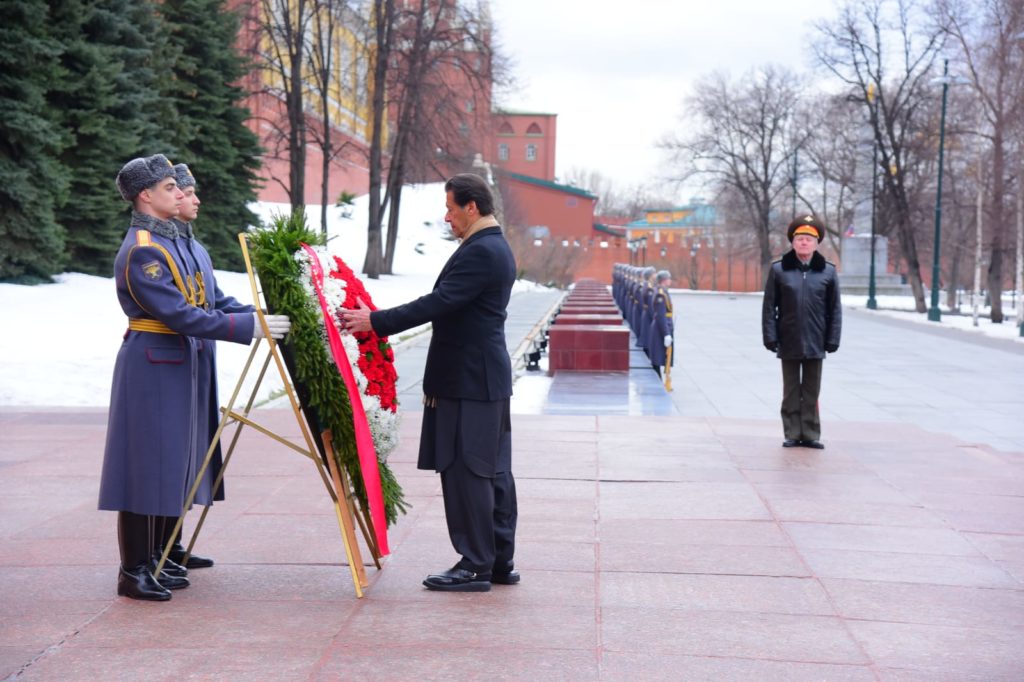
twitter.com/PakPMO
Immediately after that the Pakistani prime minister went to the Kremlin to meet with President Putin.
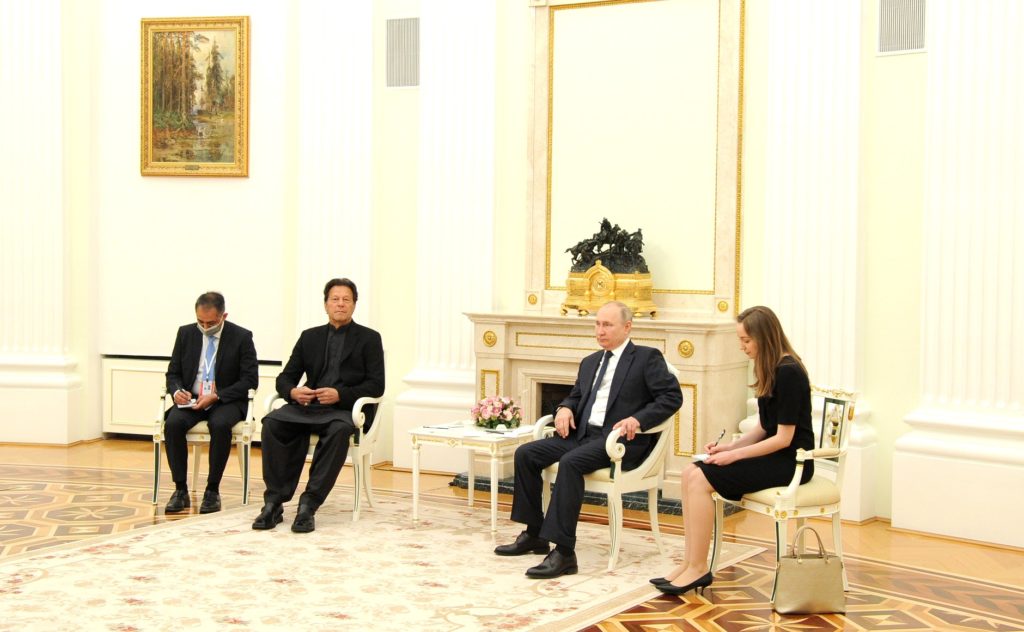
kremlin.ru
“The leaders of the two countries will discuss the whole range of the bilateral cooperation between Pakistan and Russia, and they will exchange opinions on regional and global issues of mutual interest,” the Pakistani prime minister’s press service reported on February 24.
As expected, the sides discussed the construction of the gas pipeline in Pakistan, the situation around the Taliban government (organization banned in Russia) in Afghanistan, and the long-term conflict between India and Pakistan about Jammu and Kashmir. It is noteworthy that no pre-claimed pivotal agreements were signed at the meeting, which is not surprising in the context of the dramatic escalation of the conflict between Russia and the West.
The Pakistani prime minister expressed gratitude to Putin for the support of Islam and the protection of the Muslims. Also, he spoke on the Ukrainian issue in a measured manner, saying that Pakistan is against wars, seeking for diplomatic ways to resolve any international problems. According to previous media reports, the US asked Imran Khan about this before his visit to the Russian Federation.
Further program
The meeting with Putin was followed by talks between the Pakistani delegation and the Russian side led by Vice Prime Minister of the Russian government Aleksandr Novak, who was minister of energy for 8 years (up to 2020), and the current minister of energy of the Russian Federation Nikolay Shulginov.
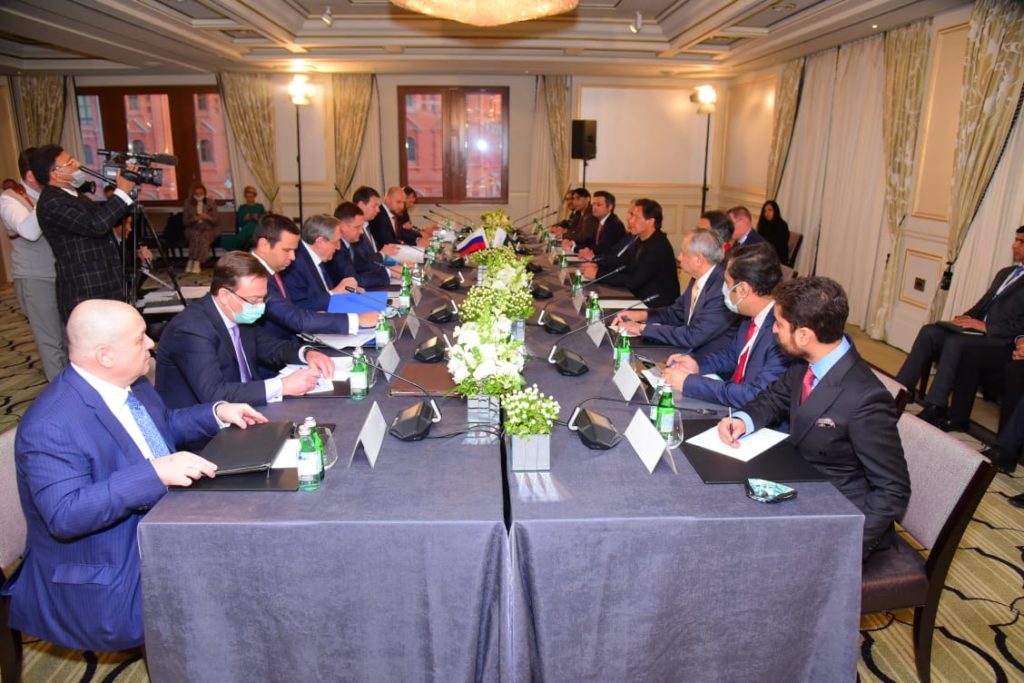
twitter.com/PakPMO
Later, Foreign Minister of Pakistan Shah Mehmood Qureshi said that the sides supported all the previously announced energy projects, but they agreed that further consultations would be required. According to Qureshi, they agreed to postpone the process for one month.
After the meeting, the prime minister of Pakistan visited the Moscow Cathedral Mosque, where he met with Chairman of the Muslim Spiritual Directorate of the Russian Federation Ravil Gainutdin.
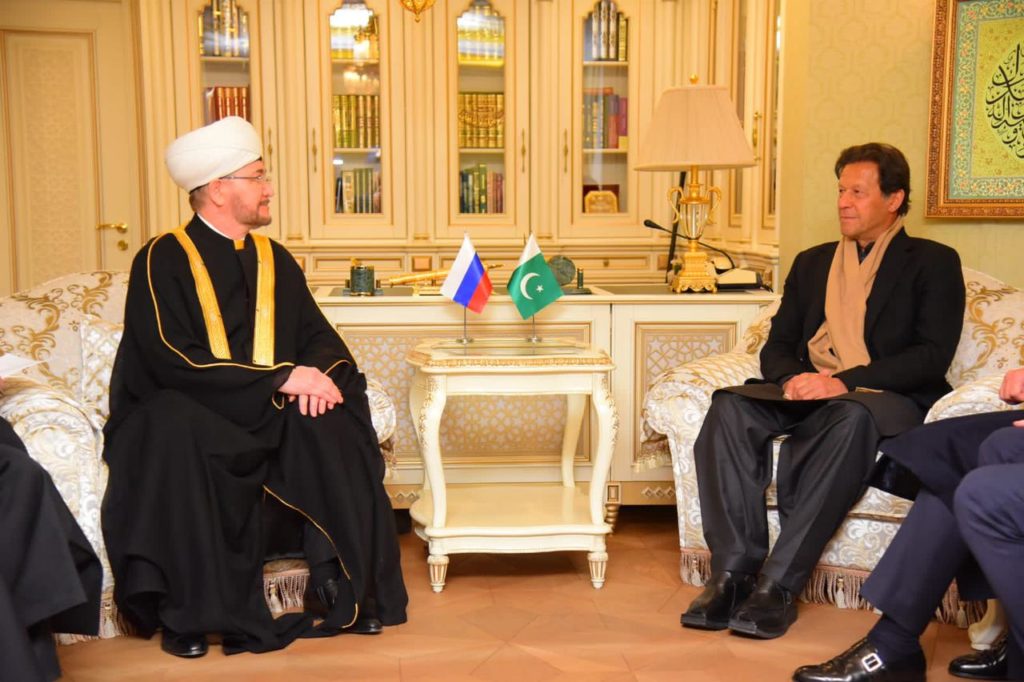
twitter.com/PakPMO
In the closing part of the visit, the Pakistani prime minister spoke before Russian businessmen, urging them to invest in Pakistani economy and promising favorable conditions and assistance from the government.
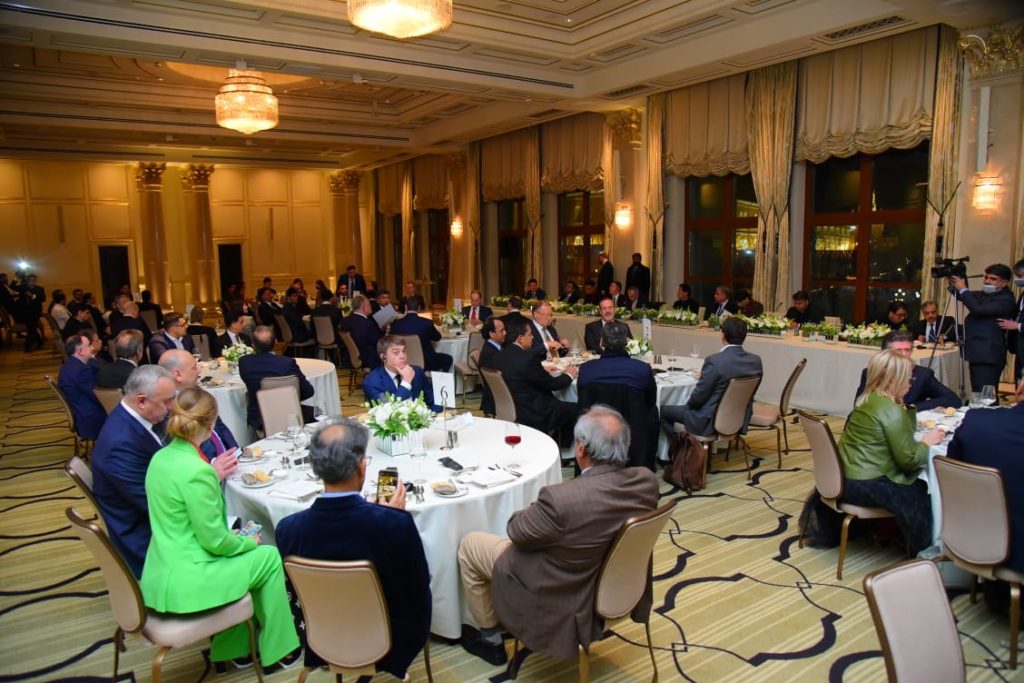
twitter.com/PakPMO
Also, he had a meeting with the head of the Chechen Republic Ramzan Kadyrov.
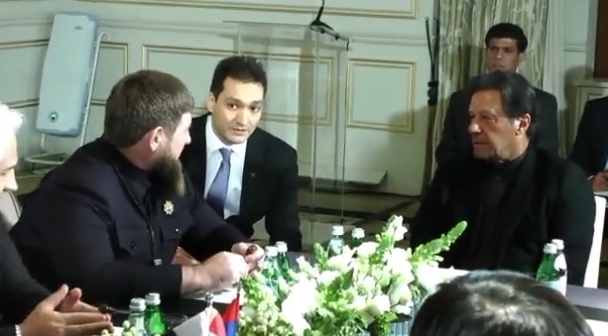
twitter.com/PakPMO
Reaction in Pakistan
The Pakistani opposition was not slow to take advantage of the current complicated situation. The Pakistan Today outlet in an editorial article wrote that the visit was “poorly prepared” on both sides, and that the prime minister “returned from Russia empty-handed.”
Given the pro-governmental media called the visit “historic” and “momentous,” this reaction of the opposition looks predictable. The outlet also stressed that “neither joint statements nor a press conference of the two leaders took place” after the meeting.
In turn, upon his return to Pakistan, Foreign Minister Shah Mehmood Qureshi spoke at a press conference, where he stressed the importance of the visit calling its outcome “satisfactory.”
“We moved forward, and after this visit I am convinced that we were right when we moved forward,” the minister stressed the importance of the delegation’s decision to proceed with the visit in spite of the escalation in Ukraine. According to Qureshi, this was a deliberate, but not a spontaneous decision of the delegation members.
He also explained that Pakistan had learned the lessons of history, and it changed its vector towards a more pragmatic way.
“We have shifted our foreign policy from geopolitics to geo-economics. We have to move ahead for [strengthening] regional connectivity,” the minister noted.
Not yet a success, but not a failure either?
The Russian special operation became a turbulence factor for the global economy. In the context of total uncertainty, both Russia and Pakistan could hardly sign any long-term agreements based on a stable foundation. Therefore, all consultations on economic issues were postponed for one month.
It is unlikely that Russia can promptly resolve the issue of the Taliban government (organization banned in Russia) in Afghanistan that was raised at the talks.
In Russia, the movement has a status of an extremist organization, so its recognition would mean that this status is actually lifted, and that “green light” is given to Islamists’ activity in Russia. This plan has apparently no real chances for implementation, given the doubtless connections of Taliban (organization banned in Russia) with al-Qaeda (organization banned in Russia) and other terrorist organizations.
However, both sides remained committed to the improvement of the bilateral relations despite the obvious external risks such cooperation brings to the countries. In this sense, the visit can definitely be called historical for the diplomatic relations of Russia and Pakistan.
Whether Pakistan will be able to maintain neutral in the context of building relations with China and Russia as well as rapid polarization of the world remains to be seen.
Source: Rossa Primavera News Agency

